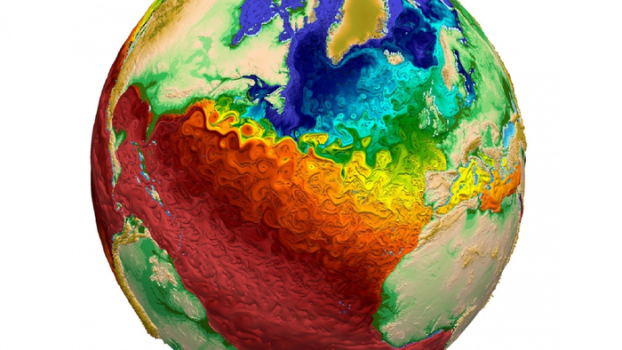AI offers additional possibilities, greater accuracy for climate models.
Computer simulations that scientists use to understand the evolution of the Earth’s climate offer a wealth of information to public officials and corporations planning for the future. However, climate models — no matter how complex or computationally intensive — do contain some degree of uncertainty. Addressing this uncertainty is proving increasingly important as decision makers are asking more complex questions and looking to smaller scales.
To improve climate simulations, scientists are looking to the potential of artificial intelligence (AI). AI has offered profound insights in fields from materials science to manufacturing, and climate researchers are excited to explore how AI can be used to revolutionize how the Earth system, and especially its water cycle, can be simulated in order to dramatically improve our understanding and representation of the real world. In particular, AI offers the potential to dramatically increase the accuracy of predictions down to the scales of interest to scientists, and even stakeholders focused on designing, financing and deploying equitable climate solutions to America’s most disadvantaged communities.
Continue reading: https://www.eurekalert.org/news-releases/932591
Computer simulations that scientists use to understand the evolution of the Earth’s climate offer a wealth of information to public officials and corporations planning for the future. However, climate models — no matter how complex or computationally intensive — do contain some degree of uncertainty. Addressing this uncertainty is proving increasingly important as decision makers are asking more complex questions and looking to smaller scales.
To improve climate simulations, scientists are looking to the potential of artificial intelligence (AI). AI has offered profound insights in fields from materials science to manufacturing, and climate researchers are excited to explore how AI can be used to revolutionize how the Earth system, and especially its water cycle, can be simulated in order to dramatically improve our understanding and representation of the real world. In particular, AI offers the potential to dramatically increase the accuracy of predictions down to the scales of interest to scientists, and even stakeholders focused on designing, financing and deploying equitable climate solutions to America’s most disadvantaged communities.
Continue reading: https://www.eurekalert.org/news-releases/932591

